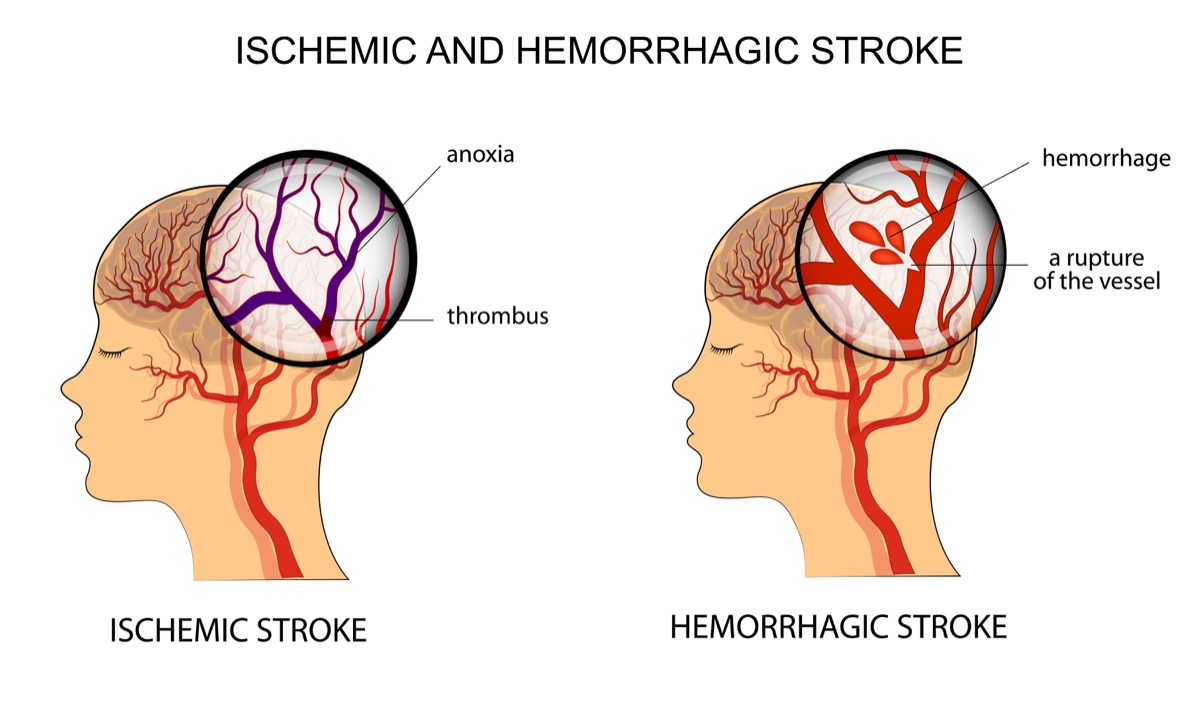Epilepsy affects people throughout the world. Approximately 65 million people of all ages, races, and ethnic groups have the condition, making it fourth most common neurological disorder across the globe. In the United States, an estimated 3.4 million have epilepsy, and another 1 in 26 will develop the neurological disorder throughout their lifetime.
While there are no known causes for epilepsy, there are a number of risk factors that can increase the likelihood of you or someone you love developing it. Some risk factors are environmental. Others are hereditary. Here are the seven most common risk factors that could cause epilepsy:
Risk Factors for Epilepsy
Stroke

Sometimes called a “brain attack,” a stroke happens when blood flow to a section of the brain is cut off. When brain cells are deprived of oxygen and glucose, it cannot survive. There are two types of stoke, ischemic and hemorrhagic. The first kind, ischemic stroke, raises the possibility of epilepsy, because it occurs within the blood vessels of the brain. The scar tissue that forms as a result of an ischemic stroke can disrupt electrical activity later on and result in a seizure.
Stoke is the leading cause of epilepsy in elderly adults (65 years and older) who are diagnosed. The risk highest 30 days post-ischemic stroke. Approximately 5-percent of those who suffer from a stroke will experience a seizure within the first 2 weeks after.
More from Things Health
-
Causes and Risk Factors for Fibromyalgia
Fibromyalgia is best known as a pain disorder. As with other conditions, it can influence people in different ways. Although many experts in the field…
-
Signs, Symptoms and Risk Factors of Lupus
Lupus, an autoimmune disorder, is a chronic condition (which means that it lasts for years) that affects approximately 1.5 million Americans. Lupus is one disease…
-
Symptoms Of Epilepsy
Epilepsy a neurological disorder marked by sudden recurrent episodes of sensory disturbance, loss of consciousness, or convulsions, associated with abnormal electrical activity in the brain.…
-
A List of The Best Vitamins and Supplements for People with Diabetes
Did you know that supplementing can help manage symptoms of diabetes? We all know that a well-balanced low GI diet, regular movement and Insulin and…
-
Cardiovascular Disease And Smoking
Cardiovascular fitness exercise, also called cardiorespiratory fitness exercise and aerobic fitness exercise, continues to be proven to have a number of health advantages when performed…






